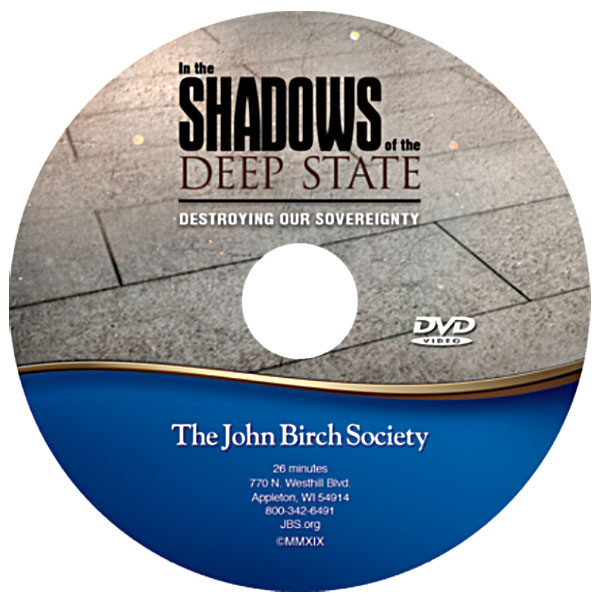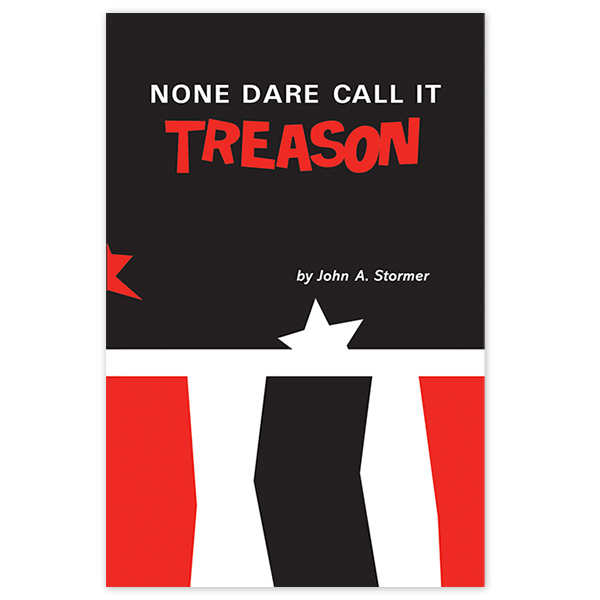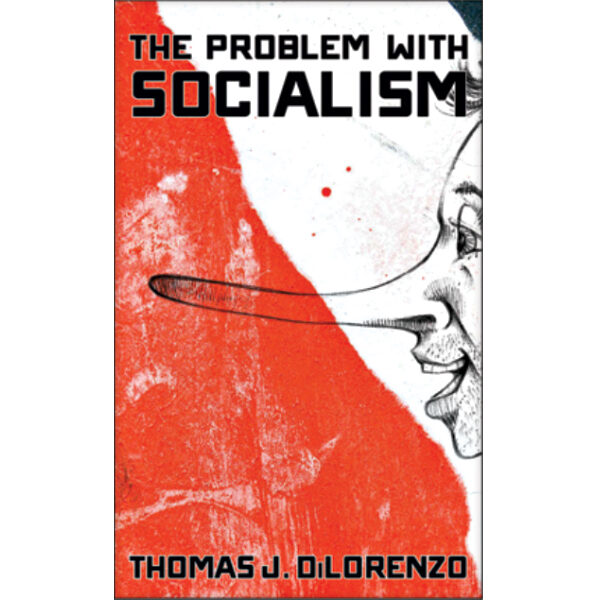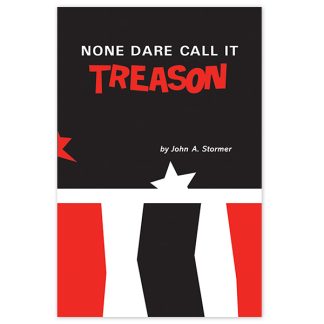None Dare Call It Treason
$4.00
What if America’s Cold War losses weren’t accidents but policy? In None Dare Call It Treason, John Stormer lays out the evidence — aid, credits, and technology funneled to communist regimes while U.S. soldiers fought their proxies abroad. He names the officials who buried warnings, the programs that armed the enemy, and the documents that prove it. Built on verifiable records, not rumor, Stormer’s case exposes how Washington financed its own defeats — and dares readers to stop pretending they were inevitable.
Description
What if the losses weren’t accidents, but the fruit of choices? None Dare Call It Treason opens with a stark thesis: the Cold War has been real war, and America helped finance its own defeats. John Stormer reconstructs how “peaceful coexistence” became a mask for transfers of money, machines, and legitimacy. He documents government-approved sales and credits flowing to communist regimes while brush-fire wars raged, revealing a pattern the ordinary reader can follow — and refuse to excuse.
Stormer’s exposé is built on concrete and documentable facts. He traces U.S. aircraft “sales” to Tito’s Yugoslavia while National Guard pilots flew outdated jets, automation shipped to Poland’s Lenin Steel Works, and proposed wheat deals with Moscow even as unrest spread behind the Curtain. He exposes United Nations channels — such as Special Fund grants to Castro’s Cuba under Paul Hoffman — where American taxpayers covered nearly half the cost. Committee reports, appropriations, and official statements anchor every charge.
Then come the personnel files that explain why such policies endured. Senate investigations showed how the State Department’s William Wieland buried early warnings about Castro and was rewarded with promotion. John Stewart Service, once caught passing documents to Soviet agents, was reinstated and pensioned. Owen Lattimore, labeled a “conscious, articulate instrument” of the Soviet line, traveled on a U.S. passport to a communist satellite soon admitted to the UN. Stormer cites each case to show how Washington protected those who had aided the enemy.
Finally, he restores the sense of peril voiced by contemporaries. Senator Thomas Dodd warned that “defeat after defeat” had pushed America to the brink; General Albert Wedemeyer told Congress that time was nearly gone; Khrushchev boasted the United States would raise the Red Flag itself. Stormer closes with a challenge as urgent now as then: consider the facts and and cut off the pipelines that finance our own undoing. (2025ed, pb, 340pp)
You may also like…
-

How The Communist Manifesto Threatens Our Freedom Today
Price range: $2.99 through $9.95 Select options This product has multiple variants. The options may be chosen on the product page -

In the Shadows of the Deep State: Destroying Our Sovereignty
$0.75 Add to cart -

The Communist Manifesto
Price range: $0.99 through $9.95 Select options This product has multiple variants. The options may be chosen on the product page



